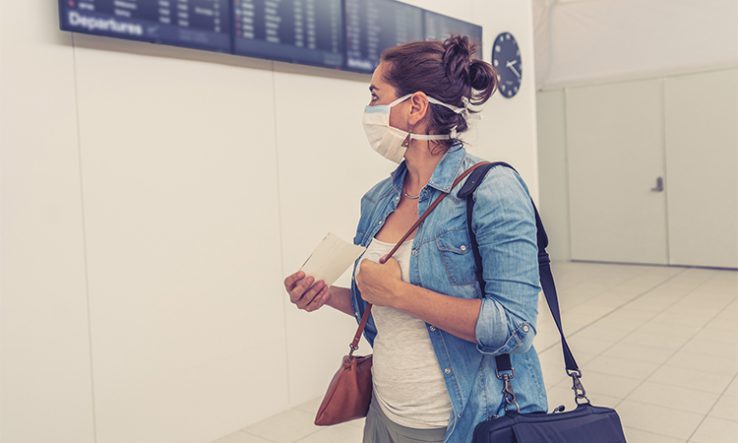
No national plan for return of international students as minister emphasises offshore and online learning
Australian universities reliant on tuition fees from international students remain in limbo as possibilities for the large-scale return of students remain unclear.
Federal education minister Dan Tehan has suggested that the system should be less reliant on in-person attendance, as providers warn of frustrated students going elsewhere.
Phil Honeywood, chief executive of the International Education Association of Australia, said on 11 December that there was now “a limited time” to get plans in place to bring students back.
After a meeting of the government’s Council for International Education on 3 December, Tehan said: “We must be prepared for more focus on offshore, online and blended learning, and a growth in new models of delivery—such as microcredentials.”
The council, which includes federal ministers, MPs and high-level industry figures, issued a statement saying it would make updating its strategy for international education its priority for 2021. It said “a new strategy will reaffirm that Australia is open for business”.
But with inward borders still closed to all but citizens and very limited exceptions, and strict caps on government quarantine, providers fear a crash in student numbers by the time the academic year begins in March.
The council said there had been “successful use of technology in 2020”, which had “highlighted opportunities for growth and diversification through online and blended learning”.
The statement contrasted with an internal report for the City of Melbourne, which emphasised the ability to live in Australia as an attraction for students. A recent University of Melbourne study found that those students who did stay in Australia during the pandemic suffered a range of economic and mental health problems, mainly due to insufficient support.
Tehan had given states and territories until 1 December to submit plans to bring students back, but most states took until early December to finalise plans. So far, only the Northern Territory has brought in students, and even there the number was lower than 100.
According to research from the University of Melbourne’s centre for the study of higher education, four of the five universities most reliant on international student revenue are in New South Wales and Victoria, with the fifth in Queensland.
New South Wales has submitted a plan to Tehan, asking to bring in 1,000 students a week as part of its existing 3,000-passenger quarantine numbers, starting after Christmas.
Victoria is yet to submit a plan, but an independent group including the City of Melbourne, high schools and large student accommodation providers has put forward a proposal to use chartered flights and private quarantine.
The City of Melbourne has separately issued an urgent plea to the Victorian and federal governments for the return of students. Melbourne has been hit particularly hard because of the number of students originally in the city and the harsh restrictions during the second wave in the winter. About 80,000 students are estimated to have left Victoria during 2020.
Sally Capp, the city’s lord mayor, will write to the governments asking that students be made a priority, after the city council commissioned its own report on the situation and its Future Melbourne committee found that the return of students was “critical to the recovery of the City of Melbourne economy”.
The report calls for a number of initiatives, including support for students in quarantine and better marketing of the city as a study destination. The subcommittee that produced the report is chaired by RMIT University vice-chancellor Martin Bean.
On 10 December, Victorian trade minister Martin Pakula released an international study recovery plan that emphasised overseas study hubs and online outreach rather than bringing students in.
Industry consultation on the Council for International Education’s strategy overhaul will begin early next year.